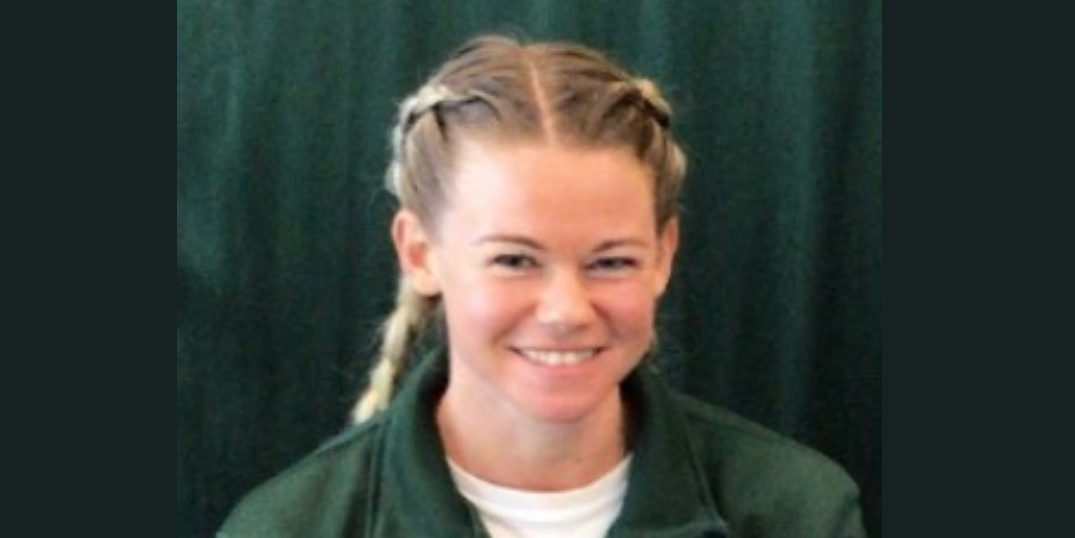
January 15, 2021, by pmyjgs
A Conversation With Hayley Mills
Working as part of Mathematical Science’s Modelling and Analytics for a Sustainable Society (MASS) group, final year PhD Student Hayley Mills researches plant biology. We asked her a few questions about her time in mathematical sciences.
What is your background and why did you choose to do a PhD?
I did my undergraduate in maths with my modules focused more on finance and statistics, so when I saw the Masters in Mathematical Medicine and Biology I was unsure of how I would do in it as I’d never studied anything like that before. It just seemed to fit my interests perfectly though so I came to Nottingham and absolutely loved it and ended up continuing onto a PhD supervised by Ruediger Thul who was the program director for my masters. My masters dissertation was about auxin transport in plants and I found a love of plant biology that I never knew I had. The MASS program has allowed me to continue in the mathematical modelling of plants and the aims of the project being tied to sustainability is something I am really passionate about and it’s nice to think the work could really make a difference to people lives in the long term.
What is your research topic and how have you found PhD life?
My PhD topic involves looking at calcium signals in plants. I love the variety of work I get to do as it’s a mixture of laboratory experiments, writing and solving differential equations analytically and performing numerical computer simulations. The specific application I am looking at is the calcium signalling pathway that occurs during the formation of symbiotic relationships between plants and fungi. These currently only occur in legumes so the possibility of transferring this capability to cereal crops would be revolutionary in addressing world-hunger and also easing the environmental impacts of using chemically synthesised fertilisers. Understanding the mechanism of the calcium signal generation necessary for this process is an important step on the way to bringing these theoretical changes into reality.
What is it like being a part of the MASS group?
I love being part of MASS as we are a really close knit group and are all great friends. I think being all together in the same office for 4 years, working on the group projects together in the first year and having monthly group meetings where we hear about each other’s progress means we all know each others projects quite well, which is nice and means there’s always someone around to listen and you never feel alone.
What have been some of the best parts of your PhD?
Attending the ‘Nature – plants of the future’ conference in New York was a highlight. Having the main references from my thesis taking an interest in my work was just mind-blowing for me. The MASS activities we did such as go-karting and the writing retreat were also some of my favourite times and brought us closer together as a group.
What’s next?
I am lucky enough to be staying on the MASS program as I have been awarded a doctoral prize. In this year-long postdoc I will be working on a project I devised myself on an extension to my current work which I noticed during my PhD was in need of attention. I will be working with signal processing methods taking from engineering to disentangle the multiple calcium signals which occur simultaneously in the plant cell and try to discover how they interact.
Posted in
Uncategorized
No comments yet, fill out a comment to be the first

Leave a Reply